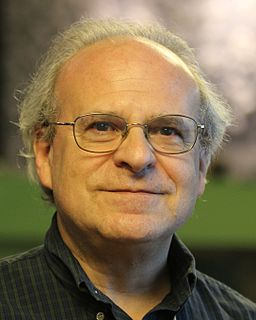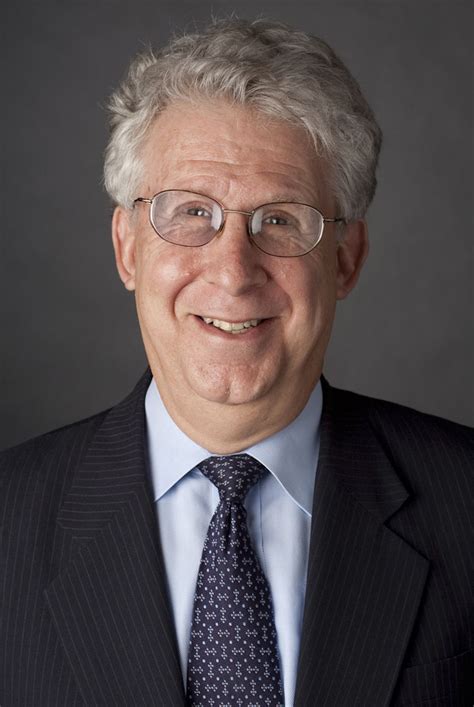A Quote by Ha-Joon Chang
The days are over when technology can be advanced in laboratories by individual scientists alone. Now you need an army of lawyers to negotiate the hazardous terrain of interlocking patents. Unless we find a solution to the problem of interlocking patents, the patent system may actually impede the very innovation it was designed to encourage.
Related Quotes
"Patents make our product defensible." The optimal number of times to use the P word in a presentation is one. Just once, say, "We have filed patents for what we are doing." Done. The second time you say it, venture capitalists begin to suspect that you are depending too much on patents for defensibility. The third time you say it, you are holding a sign above your head that says, "I am clueless."
The quality of American patents has been deteriorating for years; they are increasingly issued for products and processes that are not truly innovative - things like the queuing system for Netflix, which was patented in 2003. Yes, it makes renting movies a snap, but was it really a breakthrough deserving patent protection?




































